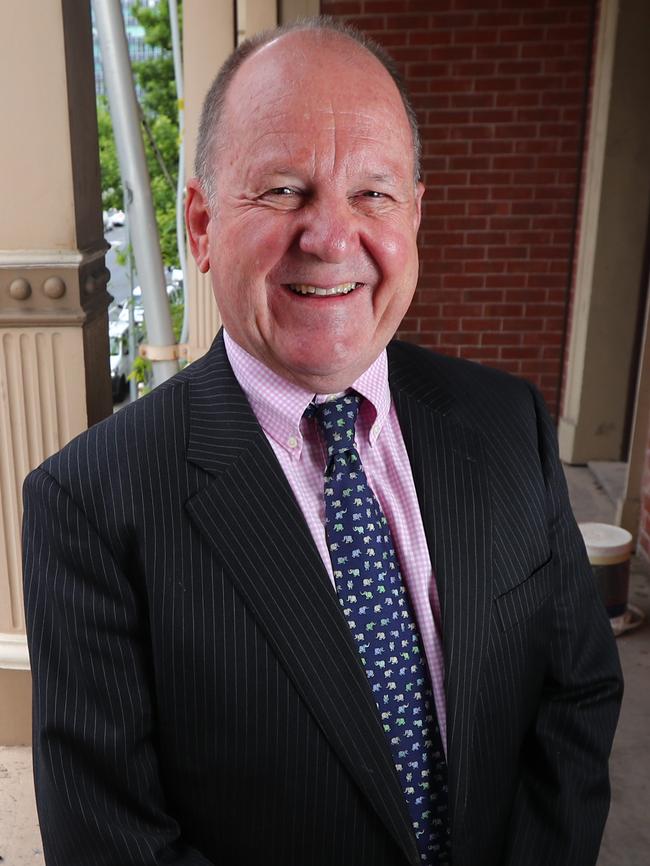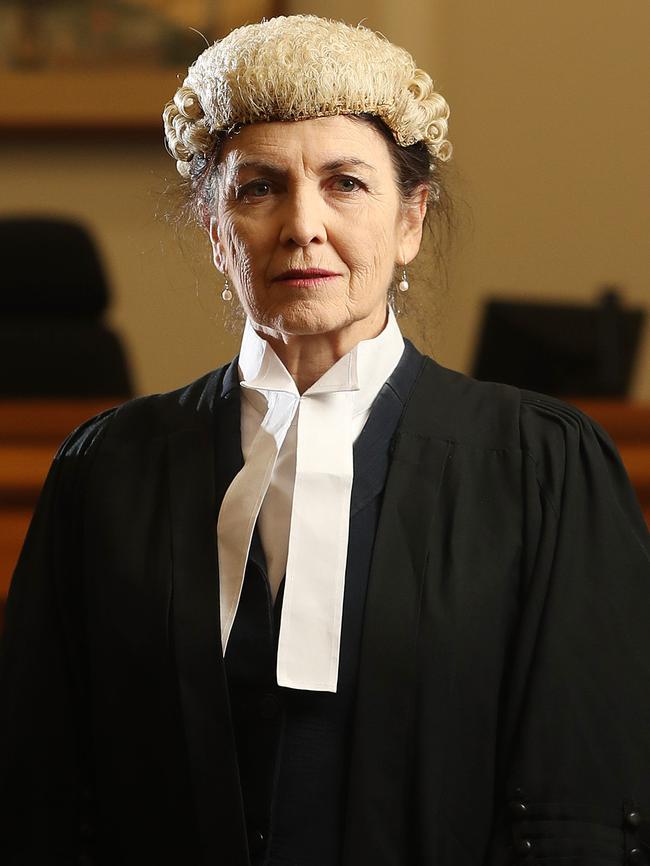Full Court of SA Supreme Court urged to allow publication of criminal case, told secrecy lets ‘crazies’ dominate public debate
BANNING journalists from reporting criminal cases only allows uncontrolled bloggers, unethical websites and “crazies” to dominate public discussion, a court has heard.

SA News
Don't miss out on the headlines from SA News. Followed categories will be added to My News.
- ‘Suppression orders ineffective in digital age’ — judge
- State’s highest court to decide your right to know
- 21 days, 21 gags — panicking judges ‘dish out’ suppression orders
BANNING journalists from reporting criminal cases only allows uncontrolled bloggers, unethical websites and “crazies” to dominate public discussion, a court has heard.
The Full Court of the Supreme Court is deciding whether to stop reporters publishing key details of an upcoming trial that were made widely available online.
Social media sites scrubbed those details, dubbed “graphic and highly emotive” by counsel, at the request of authorities — but only after they were accessed 100,000 times.
Andrew Harris QC, for The Advertiser told the court on Tuesday that it was clear the details had spread across the internet regardless of suppression orders, but without context.
He said a news report would have provided that context, outlined the defence case, followed the law and contributed to public understanding and discourse.
“A professional journalist abiding by a code of ethics is a world away from a person sitting in their lounge room, writing a blog, with no moderating influence,” he said.
“Yet when a journalist is suppressed, up the list of Google (search results) goes the blogger and the crazies — the area of the internet that courts can’t control.
“Courts around the world have been grappling with this issue and, at some point, this court is going to have to grapple with it.”
The court is considering an appeal by a man, who cannot be identified, against a landmark District Court refusal to suppress evidence in his case.


Judge Stephen McEwen ruled the details would remain accessible because “there is a permanent record in cyberspace” — making suppression ineffectual. The decision reignited debate over secrecy gags, more than 150 of which have been made by SA judges — and more than 800 nationally — so far this year.
Marie Shaw, QC, for the man, said the information was “graphic and highly emotive”, and would cause potential jurors to “prejudge” her client.
Chief Justice Chris Kourakis suggested it may be proper to suppress “evidence that might cause lawlessness and the commission of other offences”.
He questioned if media reports would leave jurors “feeling a great deal of public pressure” when considering their verdict.
Mr Harris said it was a well-established legal principle — and a foundation of the justice system — that jurors would ignore media reports when so directed by a judge.
He said any “pressure” experienced would be no different than other high-profile cases, such as the “bodies in the barrels” serial murders.
“This case is not going forward in a cocoon ... those sorts of ‘pressures’ will be there, suppression order or no suppression order,” he said.
Chief Justice Kourakis, and Justices Malcolm Blue and Sam Doyle, have reserved their decision.


